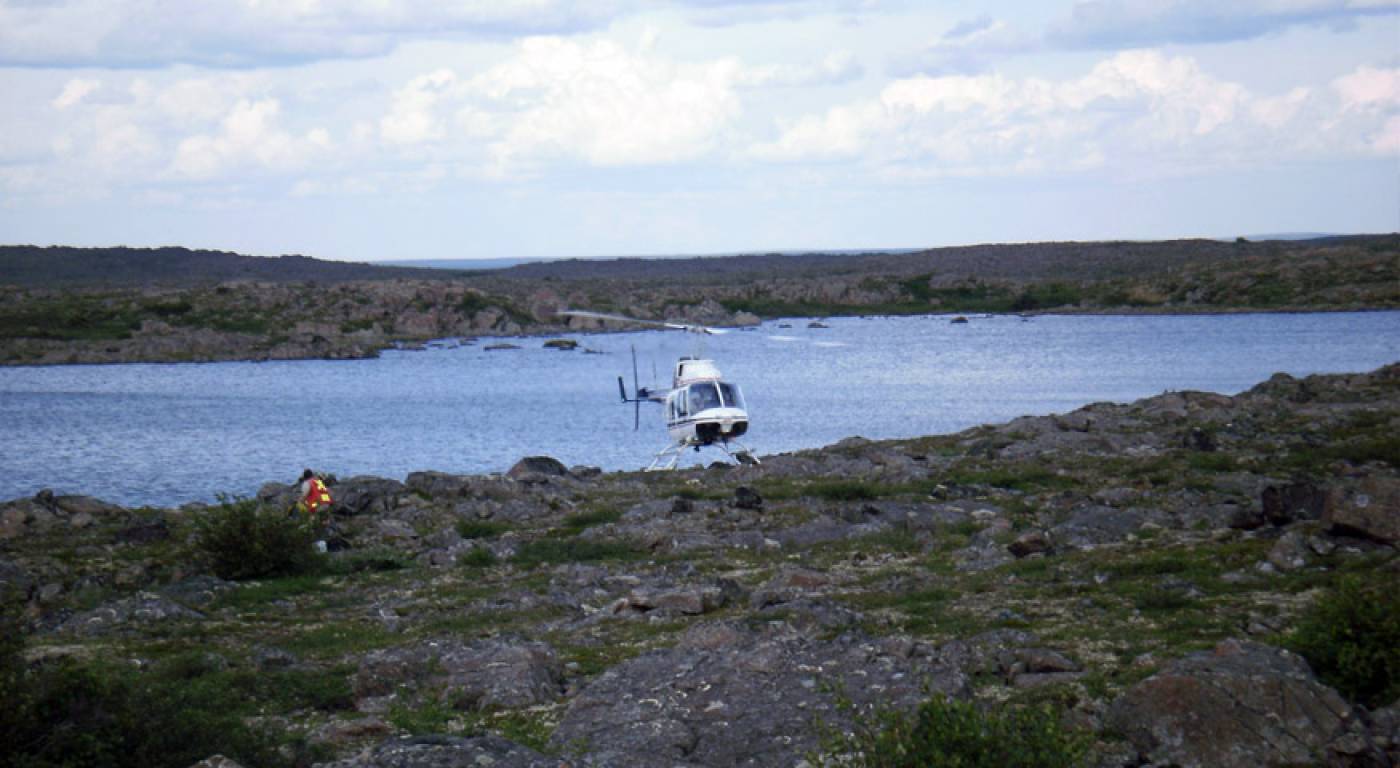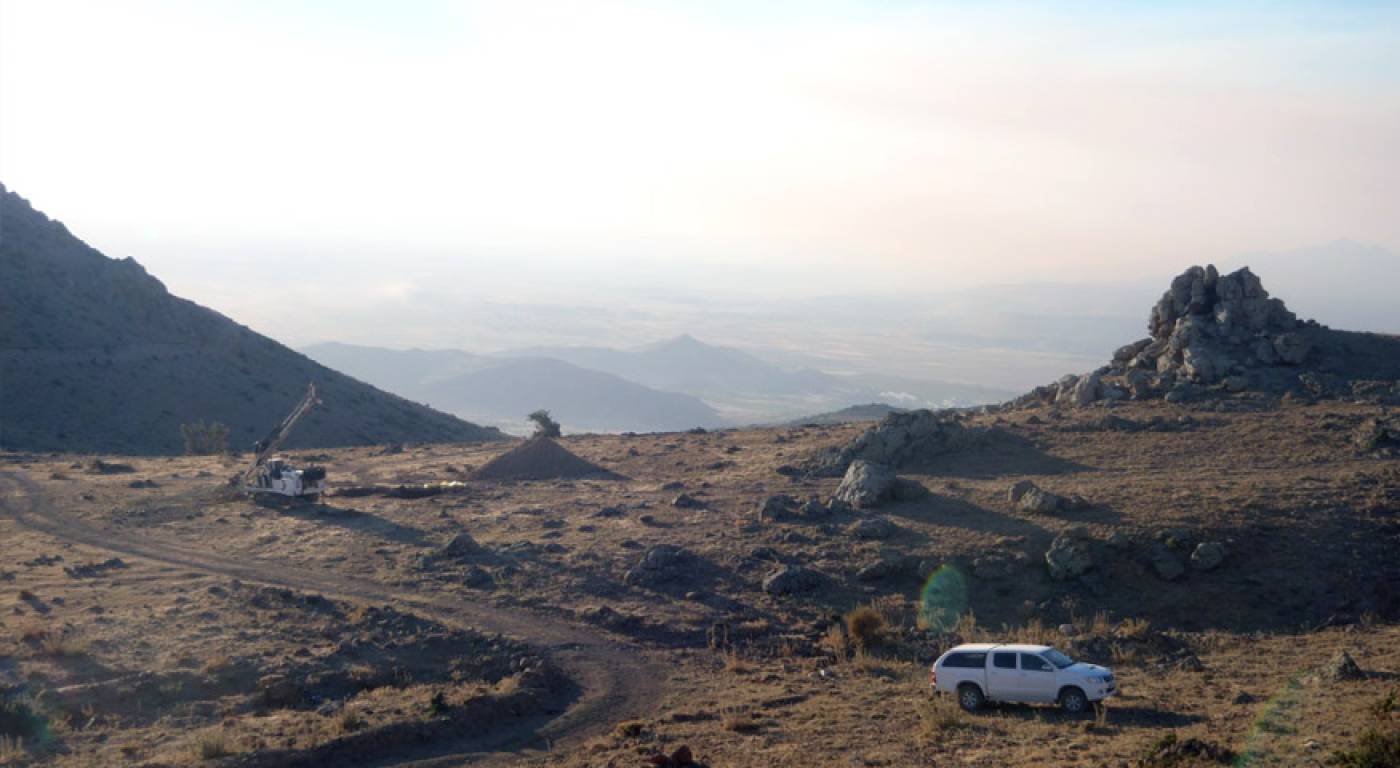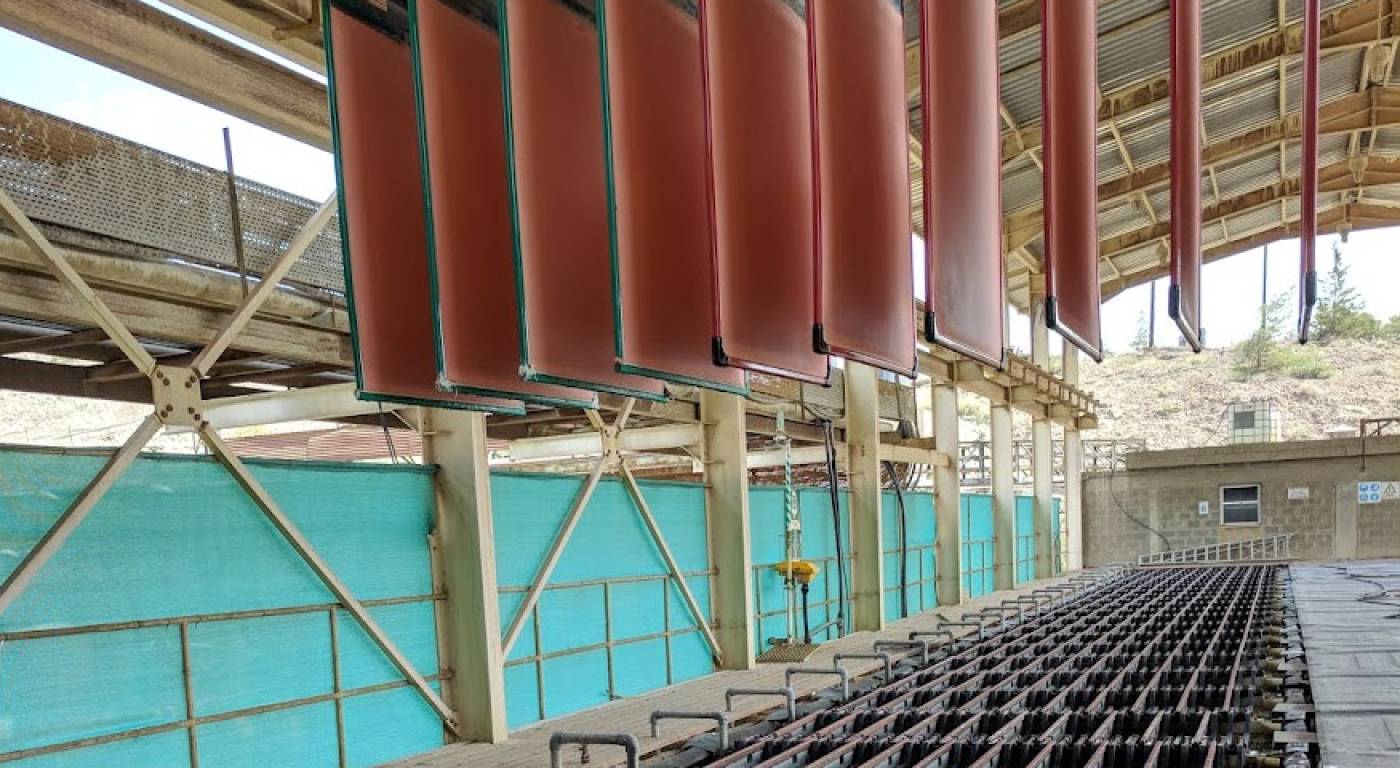Ore forming processes, Critical metals, Geometallurgy, Fluid and melt inclusions, Tectonic and structural controls on mineralisation, Geochronology and thermochronology, Experimental rock physics
Research Areas:
Resourcing the energy transition
Our research is helping to secure sustainable supplies of the materials needed for the energy transition by working to understand the formation processes and geometallurgy of critical metal bearing deposits to develop more efficient exploration and extraction methods. Our collaboration with the UCL Institute of Sustainable Resources and Energy Institute means we can take a holistic view of critical mineral systems, including lifecycle analysis and environmental and social aspects of critical metal supply.
Geometallurgy for more efficient mining
We use detailed characterisation of the mineralogy and chemistry of ore rocks to determine where metals of interest are hosted, what processes may have been responsible for their distribution and what methods would be best for efficient extraction. This allows us to better understand the Earth processes which concentrate metals, and to help industry realise the full potential of their mineral deposits. These techniques also have application in urban mining and resource from waste projects.
Investigating fluids and melts through the Earth's system
High temperature interactions between melts and fluids are essential for metal transport through the Earth’s crust, and for ore formation in many of the world’s largest mineral deposits. We use our cutting edge fluid and melt inclusion laboratory to investigate how the interaction between various types of melt and volatiles determines how metals are transported, deposited and remobilised in high temperature magmatic-hydrothermal systems.
The role of tectonics in ore formation, enrichment, and preservation
Tectonic processes, and the interplay between tectonics and climate, play an essential role in the formation, enrichment, and preservation of ore deposits. We combine structural geology, igneous petrology, and geochemistry with our state-of-the-art geochronology and thermochronology laboratory to constrain the nature and timing of ore forming and enrichment processes and so reveal the tectonic and geomorphological controls on mineral deposits.
Structural controls on fluid flow in ore forming systems
We use a combination of field work, experiments and modelling to better understand how geological structures and changing P-T conditions can affect mineralisation. Our bespoke rock physics experimental equipment allows us to study fracturing and fluid flow in a wide range of geological materials and conditions, which can then be compared to field outcrops and geophysical imaging of fluid and faults systems at depth.
Facilities:
Our research group makes use of UCL Earth Sciences' research infrastructure and facilities:
Facilities for fluid and melt inclusion petrology and freezing and heating experiments, including high temperature (up to 1400°C) experiments.
UCL- Birkbeck geochronology laboratory measures isotopic signatures for the uranium fission-track (apatite and zircon), (U-Th)/He (apatite), K-Ar and U-Pb (zircon) systems. The lab is currently being set up for (U-Th)/He dating of Fe-oxides, including hematite and magnetite.
UCL Earth Science has an Avaatech XRF-scanner which can scan split drill cores without the need for sample preparation. We also have a Vanta portable XRF analyser with methods for all common exploration and soil contamination element suites.
Experimental laboratories with facilities to simulate a wide range of geological processes, including faulting, fracturing and fluid-rock interactions.
 Close
Close





